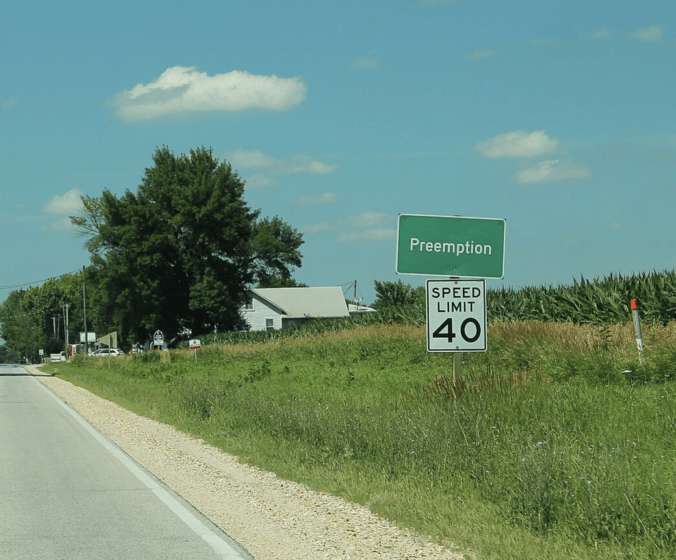Way back in 2018, not long after I began this blog, I posted about how Donald Trump – in the midst of his first presidency – fits into the established political order. I did so with the help of political scientist Stephen Skowronek. In the 1990s, he published the book The Politics Presidents Make to much acclaim.
Skowronek divided U.S. history into a series of political orders, with each president defined by their position with respect to the dominant order. Depending on political circumstances and their own politics, presidents use their power to create (reconstruct), defend and innovate (articulate), oppose (preempt), or fumble and destroy (disjoin) the dominant political order.
In the previous post, I read Trump as a disjunctive president. I thought he would mark the final death of the Reagan political order. Given his low popularity from 2016 to 2018, and his subsequent defeat in the 2020 election, I think that prediction turned out right.
But then he won in 2024 by about 2 million votes* (see note at bottom).
When a president fumbles the existing disorder and crashes and burns along with it, that isn’t supposed to happen! They’re supposed to be done with politics. Disjunctive presidents stand among our least popular in history.
So, what happened? How could Trump have come back from his disastrous 2020 result?



